Nearly a century after the end of the civil war, the fight for equality was still raging in America’s southern states. The passage of the Civil Rights Act of 1964 had done little to ensure that Black Americans had the right to vote. This was particularly true in Alabama where African Americans comprised more than half of the state population, but only accounted for 2% of registered voters.
As tensions continued to rise in Alabama, civil rights leaders wanted to take their cause directly to Alabama Governor George Wallace, and planned a march from Selma to the capital city of Montgomery.
Led by a young Senator John Lewis, 600 demonstrators marched through Selma, but as they crossed over the infamous Edmund Pettus Bridge, they noticed imminent danger on the other side.
State troopers, county deputies, and deputized white civilians met the protestors with billy clubs, whips, cow prods and tear gas. The showdown was captured on cameras and broadcast across the nation.
Americans were horrified at the abject cruelty of “Bloody Sunday,” and the local march instantly became a watershed moment in the fight for civil rights.
Since that day in 1965, the fight has continued and the message of the movement was brought to Oakland University (OU) on Sept. 19, 2023 when sisters Alice Moore and Denise Holt, two of the foot soldiers who marched on that fateful day, visited OU to speak on the importance of voting rights in America.
During the event, which was moderated by Carolyn Clifford of WXYZ-TV/Channel 7, with closing remarks from Michigan Secretary of State Jocelyn Benson, the sisters described their involvement in the fight for civil rights to a captivated audience.
Moore and Holt stated that their fight started before the weekend of “Bloody Sunday.” They spoke of one incident where they were previously arrested and kept in a prison for four days –– their parents having no idea where they were. Moore and Holt were only 14 and 16 at the time.
“They did it because we did not obey their rules –– ‘stop marching, go home,’” Holt said. “They were telling us to go home [and] being teenagers, being kids [we] were defiant. We were not going to go home, we were out here for a purpose and we were going to continue to do what we set out to do, and that was to make it possible for our parents and the seniors to get registered to vote.”
Moore and Holt were motivated to join in the movement because they had seen their parents publicly humiliated at the polls due to the impossible voter suppression tactics in Alabama.
“They couldn’t count the jelly beans in the jar, they couldn’t vote,” Moore said. “They couldn’t name every county in Alabama, they couldn’t vote. Everything, anything, that they could [do to] steer them away so they couldn’t vote –– so they would come back. They kept going, but there was something new every time they went to vote.”
Their efforts to secure the right to vote culminated in their participation in the Selma march on that infamous March day. They described the horror of crossing the bridge and encountering the violent authorities on the other side.
“It was the drug store owner, the grocery store owner, the clothing store owner –– anybody in the city that did not look like us was recruited to get on these horses with the whips, the cow prod and then now the tear gas. When we walked across that bridge –– the tear gas it was horrific. It seemed like I got a full blast of it and the next thing I remember after crossing over the bridge –– there were two young men that had me by my arms dragging me near the water to get away from all of the smoke from the tear gas.”
Moore described that she and Holt were closer to the front lines and once exposed to the tear gas, she became separated from her sister.
“I ran myself down to the water and laid down until I could see and come to again. All of these men that were there, all deputized by the law, but they were not really law enforcement –– they were deputized to do this job that they did on us, so when I came to I had no idea where Denise was at that time. All I could do was cry. I cried and I got very very angry. I don’t remember ever getting that angry before, but what I said in my anger and I said it, I spoke it –– that ‘I will fight more,’ and that’s why we were there for the second and the third march.”
When reflecting on their experiences in Selma, Moore and Holt find striking similarities between the situation in Alabama in the 1960’s and the worrying trend of voter suppression in the United States today.
“It is worse now when it comes to getting people to vote or registering people to vote than it was back decades ago when we were fighting for our parents to vote,” Holt said. “They couldn’t vote. You can. You are able to register to vote even though there are a lot of things out there, a lot of obstacles being thrown in our way to try and keep us from voting –– if you don’t have a valid driver’s license, if you don’t have a passport, if you don’t have this –– anything that they can come up with now today to keep you from voting they’re throwing it at you. Don’t let it stop you from getting out there, registered and going to the poll. They can’t tell you ‘you can’t vote’ like they told my mother and father. I’m telling you today you can vote, you must vote, you should vote.”



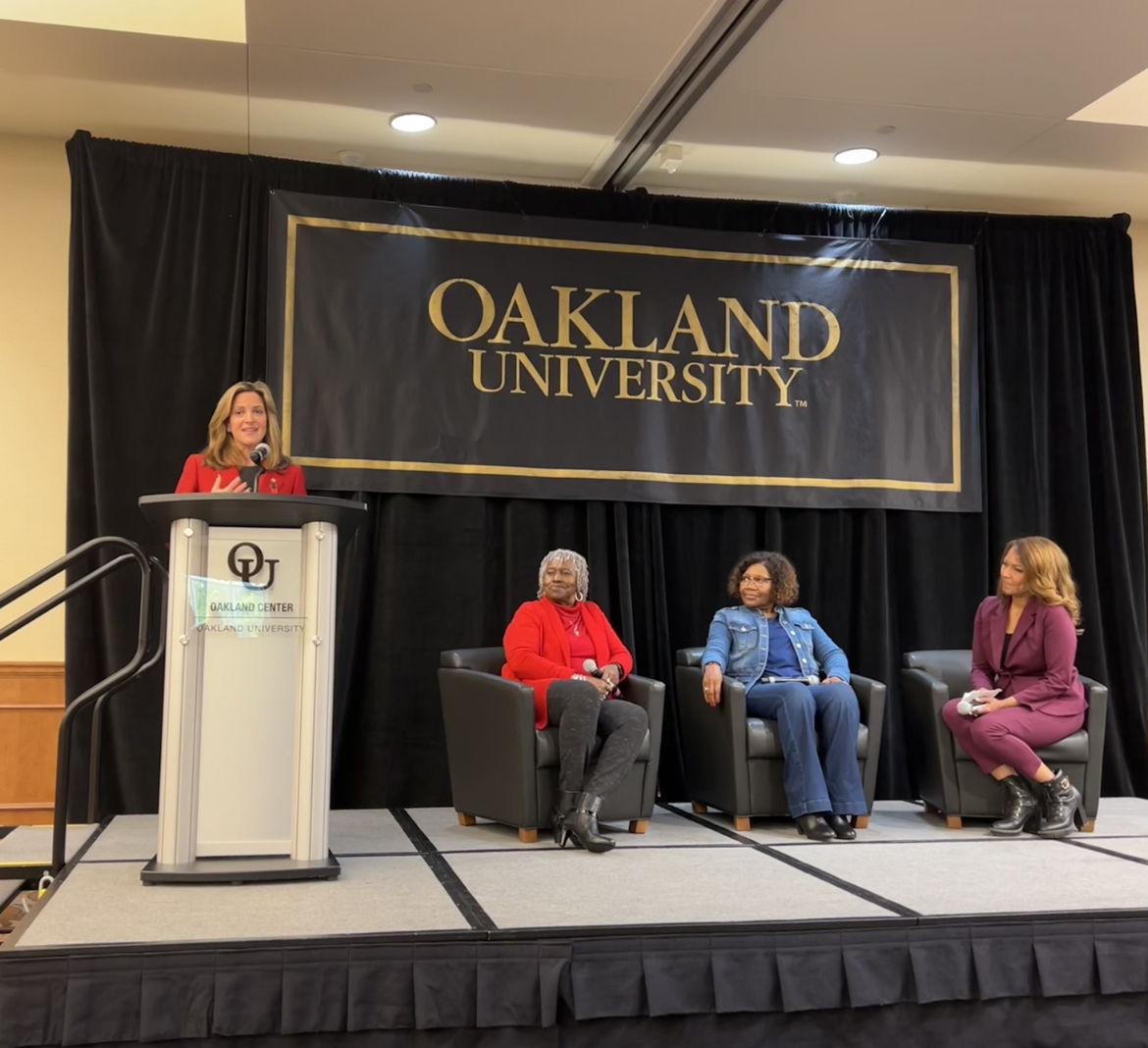

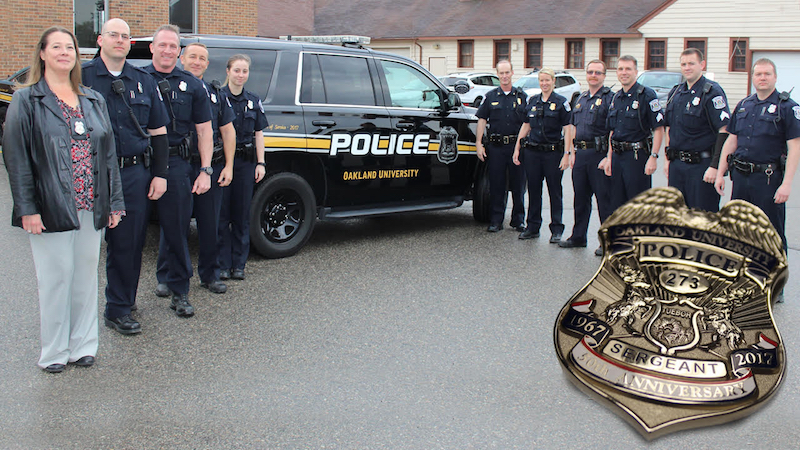
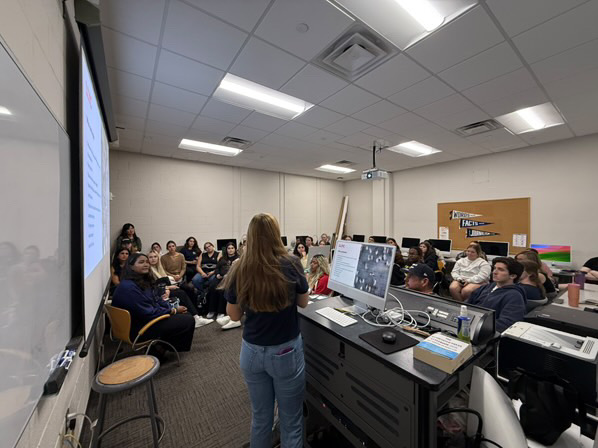
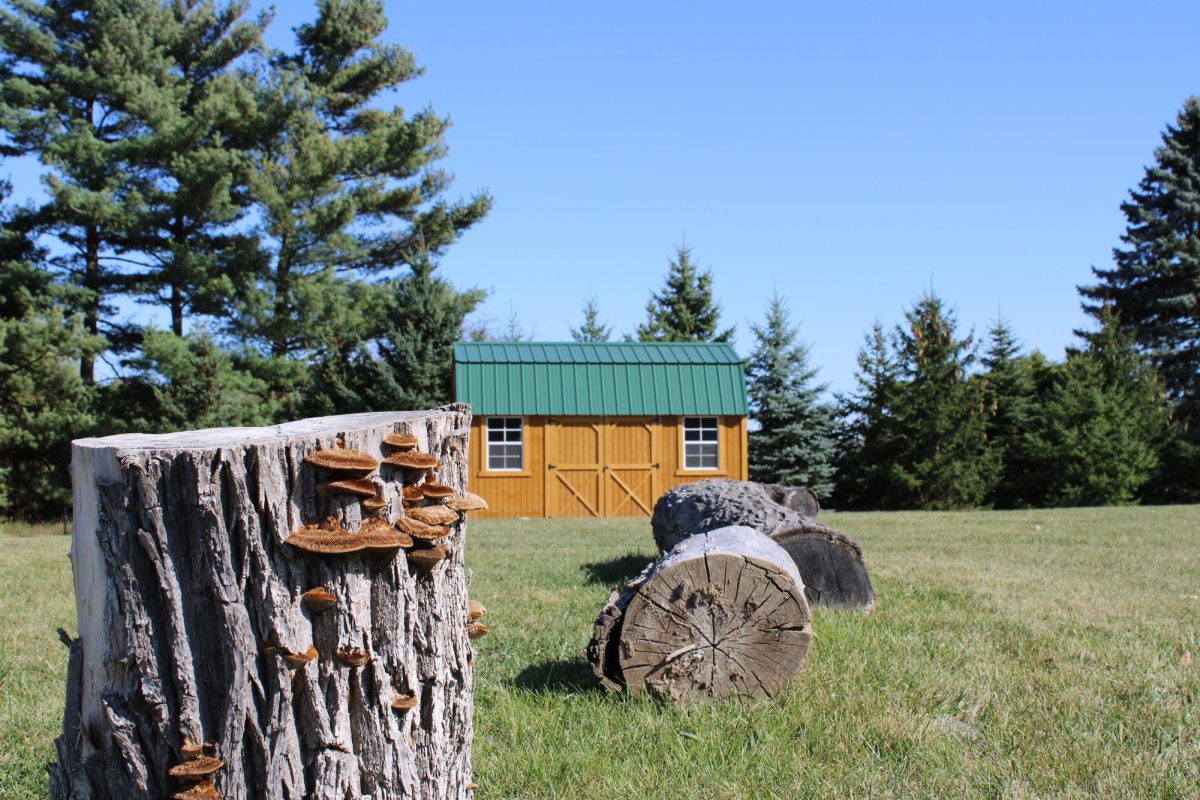


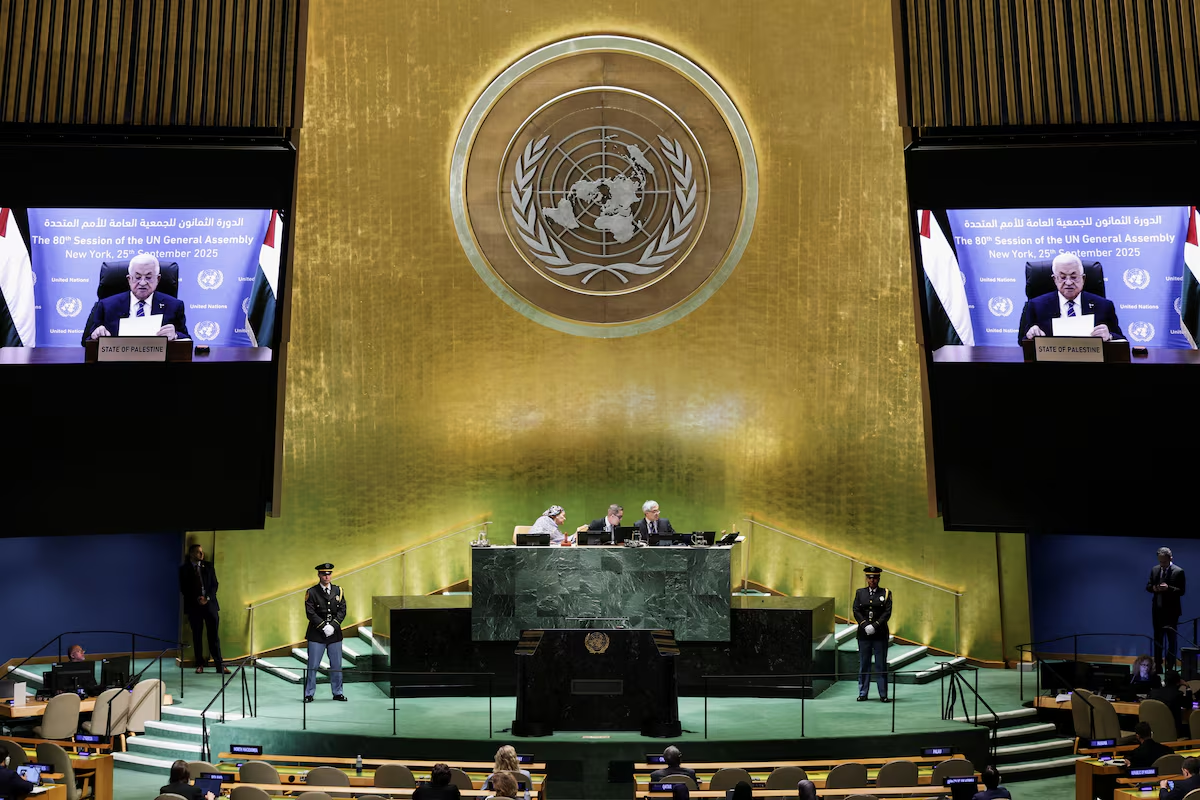
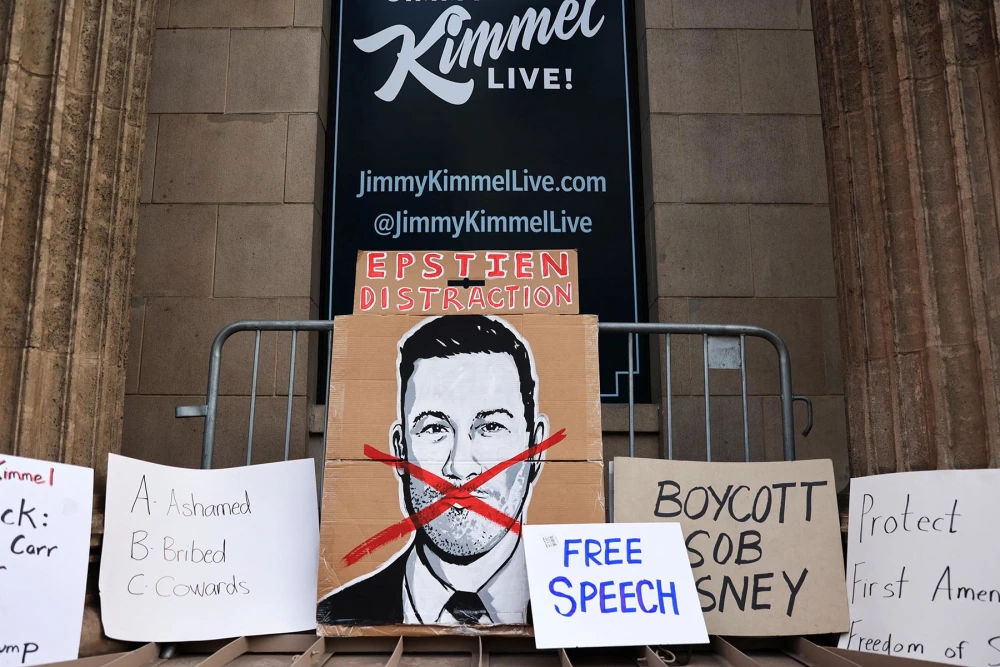


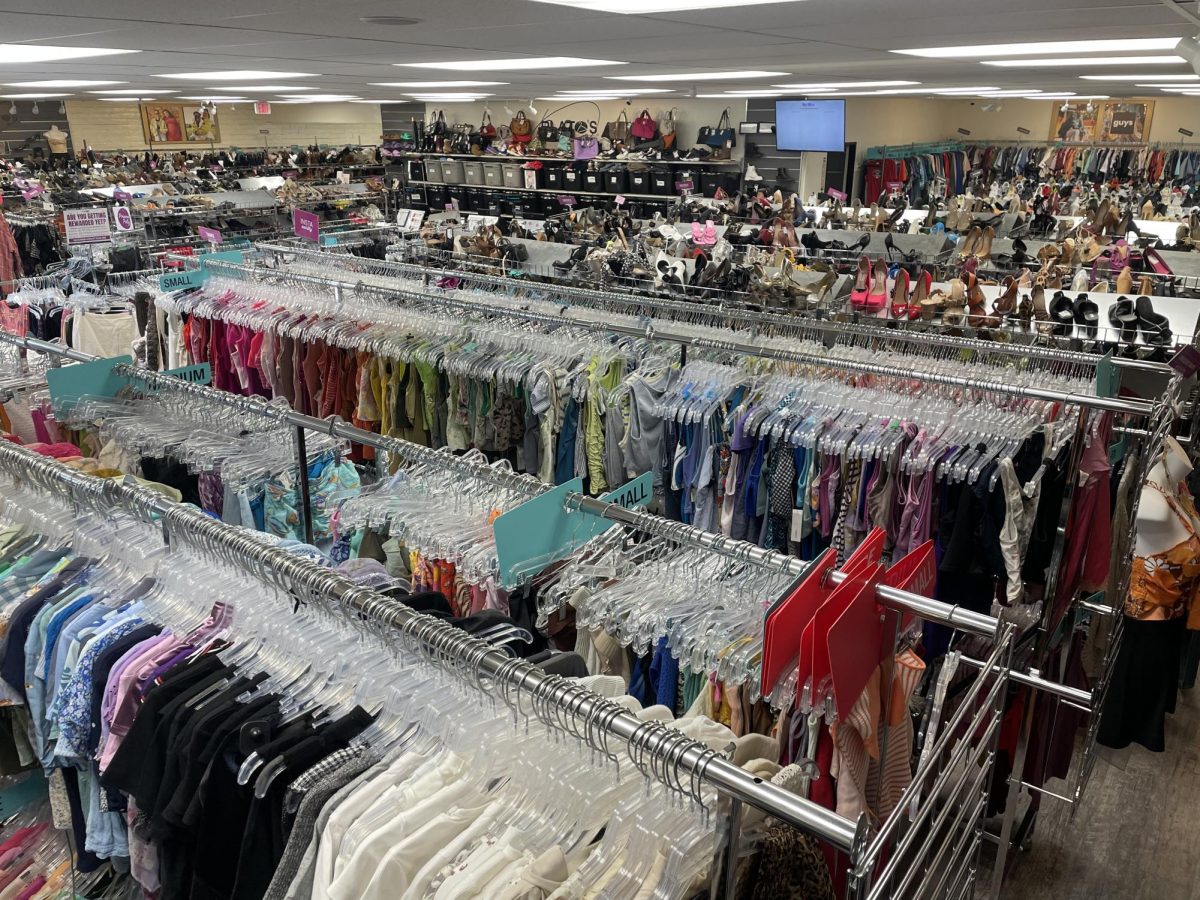


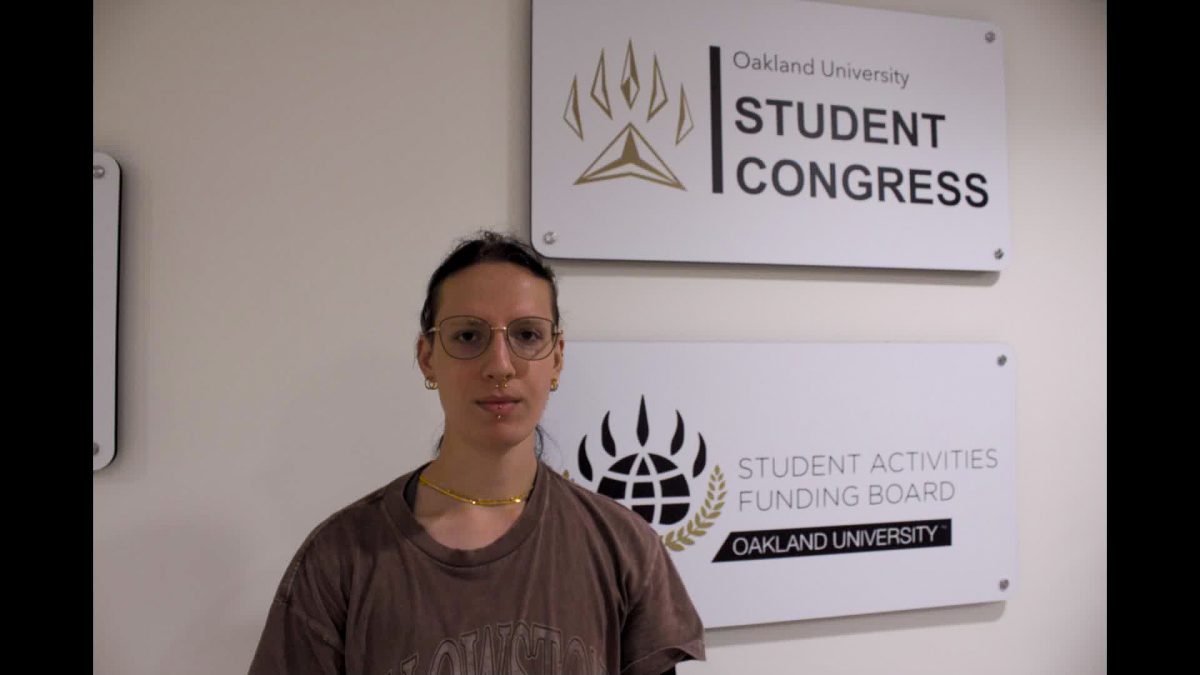
Jalen Hudgins • Oct 13, 2023 at 8:45 AM
I still love the message that they gave, it was so emotional and powerful. I still cannot believe that all of that had happened to them all those years ago.